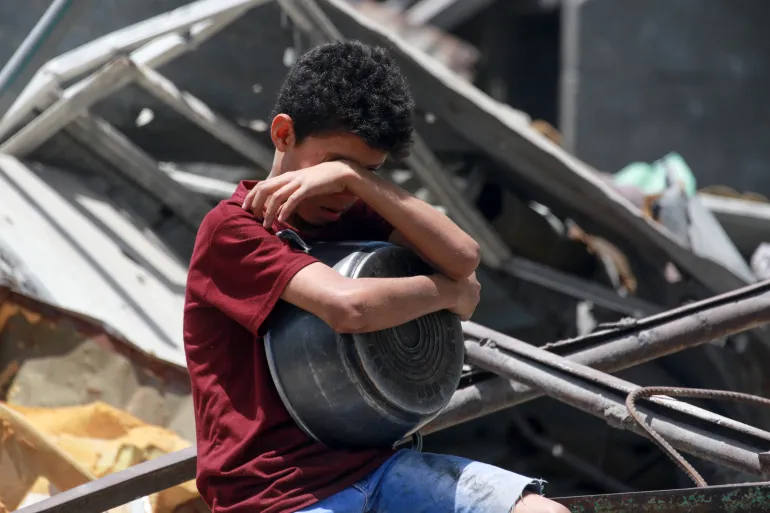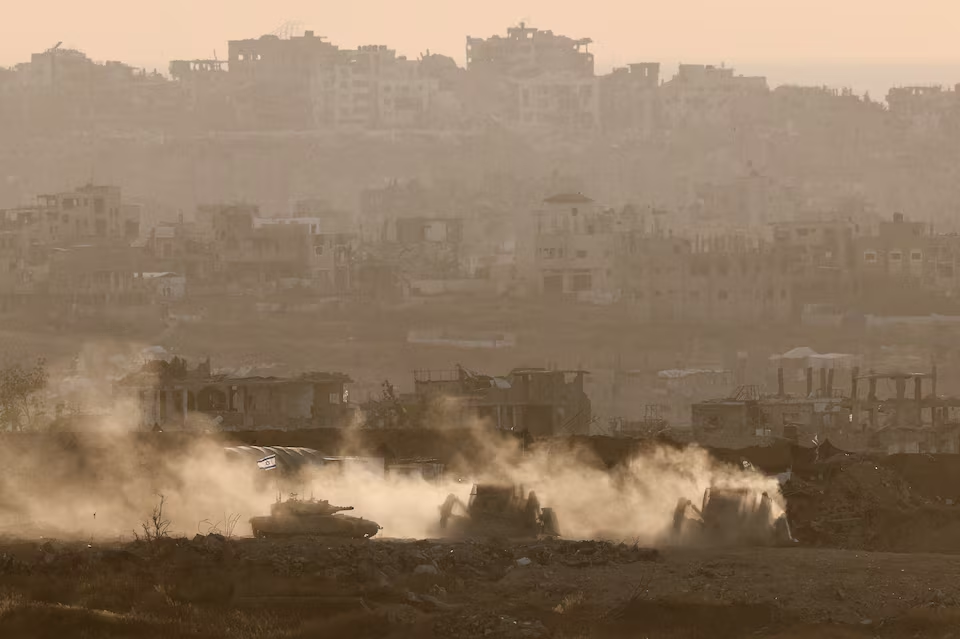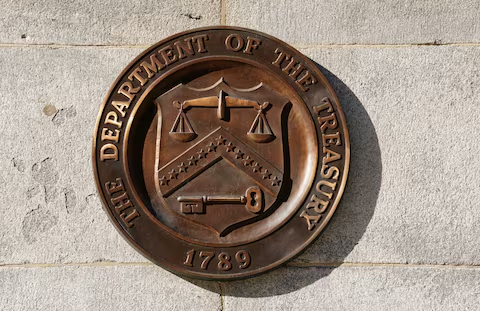In a striking turn of diplomatic tone, the United Kingdom, France, and Canada have jointly warned Israel of possible sanctions if it continues its military operations in Gaza without allowing humanitarian aid and halting civilian casualties. The warning, issued on May 20, 2025, signals a growing international shift in opinion regarding Israel’s conduct in its ongoing war against Hamas.
The joint statement from London, Paris, and Ottawa urged Israel to comply with international law, facilitate unhindered humanitarian access, and de-escalate its military campaign in southern Gaza — particularly in the city of Rafah, which has become a flashpoint of destruction and displacement.
“The world cannot stand by as civilians are systematically endangered,” the statement read. “If Israel continues on this path, we will explore coordinated diplomatic and economic measures.”
Mounting Civilian Death Toll Fuels Pressure
The warning follows weeks of growing condemnation over Israel’s offensive in Gaza, which has reportedly killed more than 53,000 Palestinians, according to Gaza health authorities. International agencies have described the humanitarian situation as catastrophic, with aid convoys blocked, hospitals destroyed, and food and water supplies critically low.
The Israeli Defense Forces (IDF) maintain that their operations target Hamas infrastructure, including tunnels, weapons caches, and command posts. However, rights groups argue that the indiscriminate nature of airstrikes and artillery fire has created an untenable situation for civilians.
Global Diplomatic Shift
The statement by three major Western powers marks a clear departure from traditional unconditional support for Israel, particularly by the UK and Canada, both of which have long-standing pro-Israel constituencies. Analysts say this could be the beginning of a broader Western realignment on Middle East policy.
“This is unprecedented diplomatic language from allies who have historically shielded Israel,” said Daniel Levy, a former Israeli peace negotiator. “The patience is wearing thin.”
The United States has not joined the warning, though President Trump has urged restraint in private talks, according to diplomatic sources. Meanwhile, other European Union states are reportedly considering restrictions on weapons exports and economic cooperation.
🇮🇱 Israeli Response
Israel has rejected the warning, calling it “deeply one-sided and disconnected from the realities on the ground.” In a statement, Prime Minister Benjamin Netanyahu defended the military operation as necessary for national survival following the October 2023 Hamas attacks.
“We will not be lectured on morality by governments that do not face daily terror,” Netanyahu said. “Israel will do what is necessary to protect its citizens.”
Israeli officials argue that Hamas continues to use civilian infrastructure as shields, making urban warfare unavoidable. They also accuse critics of politicizing the war to appease domestic protest movements and anti-Israel activism.
Humanitarian Crisis and Protests
The crisis has triggered massive pro-Palestinian protests around the world, including in London, Paris, Toronto, and cities across the Middle East and Asia. Demonstrators have called for a ceasefire, arms embargoes, and increased pressure on Israel.
International NGOs such as Doctors Without Borders and Oxfam have warned that Gaza’s health and food systems are on the verge of collapse, with over a million displaced and disease spreading rapidly.
The UN has repeatedly called for a ceasefire, but efforts have been blocked at the Security Council by U.S. and Israeli objections to language perceived as overly critical.
What Comes Next?
The warning from the UK, France, and Canada could lead to:
- Diplomatic isolation for Israel in Western forums
- Economic sanctions or restrictions on dual-use goods
- New momentum for UN General Assembly resolutions
- Pressure on the U.S. to moderate its support
Despite mounting pressure, Israel shows no signs of halting its campaign, insisting that Hamas must be “dismantled completely” before any ceasefire is acceptable. With no diplomatic breakthrough in sight, the humanitarian toll in Gaza continues to rise — and so too does global frustration.
“This is a moment of reckoning,” said Amnesty International’s Middle East director. “The international community must decide: will it stand for human rights, or remain complicit in their erosion?”
Source; Al Jazeera



